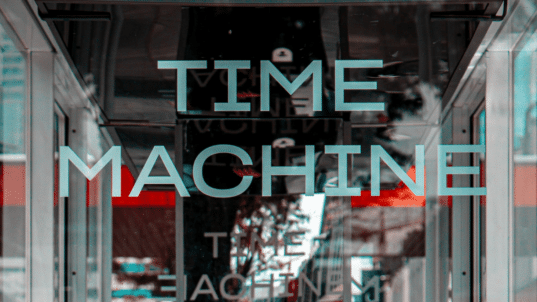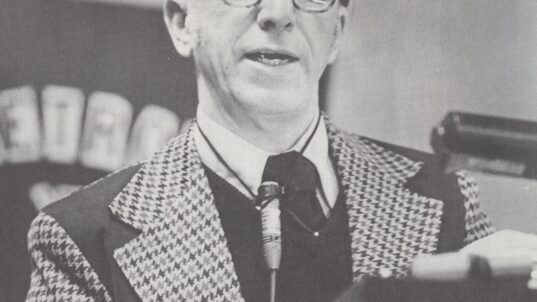President Obama recently suggested that it might be:
“With iPods and iPads and Xboxes and PlayStations — none of which I know how to work —
information becomes a distraction, a diversion, a form of entertainment, rather than a tool of
empowerment, rather than the means of emancipation,” Obama said, according to the New
York Post.
The President’s point raised an interesting insight for me: with unlimited information at our
fingertips, could this not also be contributing to the quagmire of debate on so many issues in
the modern American social and political arenas? Whether the debate is over global warming’s
causes, the veracity of a link between vaccines and autism, or how to best regulate banks or
oil companies, a conclusion regarding a proposed course of action seems ever elusive. This may
well be a function of information overload in that there is always more information to be had.
When do you close debate?
Congressional hearings, for instance, specifically do set up a closing point to the hearing, but
many people and organizations complain that their particular view never got heard. Just
ten or fifteen years ago, there were only so many “certified” experts that would be seen as
reliable to speak on a given issue. Now, though, anyone with a computer (or iPad or even an
iPhone and a Twitter account) can contribute their experience, or “expertise,” to the discussion.
How do we know who to listen to? What counts on among the “experts” on a particular topic?
We know that anecdotes engage emotion and are thus found to be more compelling by many
citizens who may not have been well-educated in the scientific method or in critical thinking.
However, this view discounts the fact that most folks possess a wily common sense and an
intuitive “bull” detector. Part of the problem here is that, too often, the credentialed experts talk
over everyone else’s head– not because complex ideas must be conveyed in obscure jargon but
because experts are typically incorporated into a discipline via years of education during which
they are taught to convey their ideas with the authority of a sophisticated vocabulary. Really,
though, someone who really knows what they’re talking about, can convey very complex ideas
in clear language (see Richard Feynman’s writings on quantum physics , which I– a
sociologist– can understand).
The other challenge within the expert realm is that only certain kinds of experts tend to rate as
“reliable” within the system of peer review. The review process is said to be blind, but if your
ideas are too far outside the mainstream canon, they’ll not see the light of a printing press. Such
dismissal of certain kinds of ideas is easily exposed in the Web 2.0 world of blogs and tweets,
and this is probably not a bad thing– expect that it then throws all of mainstream science into
question. How is an everyday person to know if “science” linking vaccines to autism or
“proving” that having an abortion causes miscarriages is reliable or not reliable. A self-
regulating body of experts acting with integrity rather than to assert a certain pecking order of
expertise was supposed to be the answer, but that has not necessarily proven reliable.
Perhaps the better option would be citizens who are able to think for themselves as they
work to critically examine a set of ideas. This is exactly what we aspire to do within an IF
discussion. A group of citizens with varying experiences and points of view sit down to
openly discuss a set of policy possibilities regarding a particular are of concern. At the end of
the discussion, most of our participants say that their thinking after participating in the
discussion did not change completely but that it did change some– and in a different direction
from where they had started their thinking. Overwhelmingly, our participants say that what they
most enjoy about our discussions is the chance to really talk with citizens who see things very
differently than they do. And perhaps this is how we strengthen our democracy: we sit down
together, over a meal, and we talk. It’s a civilizing endeavor that is quite unlike much of the
conversation that happens in short quips within the comment lines of the blogosphere. To be
sure, there is some great discussion that goes on in the digital realm, but it is also all too easy
to become snarky when “conversing” without real, demanding others– i.e., other people that
are sitting there with you and actively reacting to your words and ideas.



